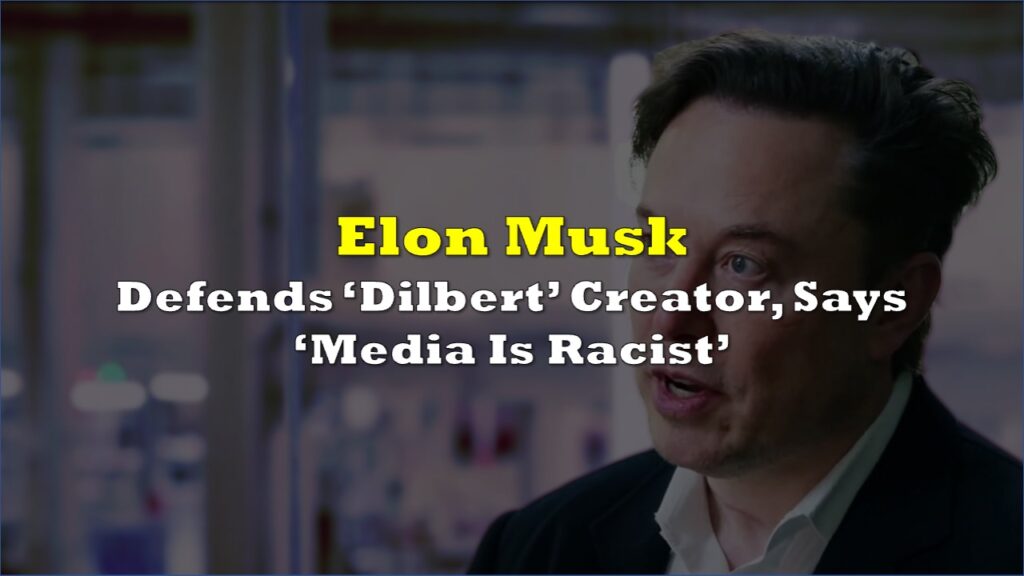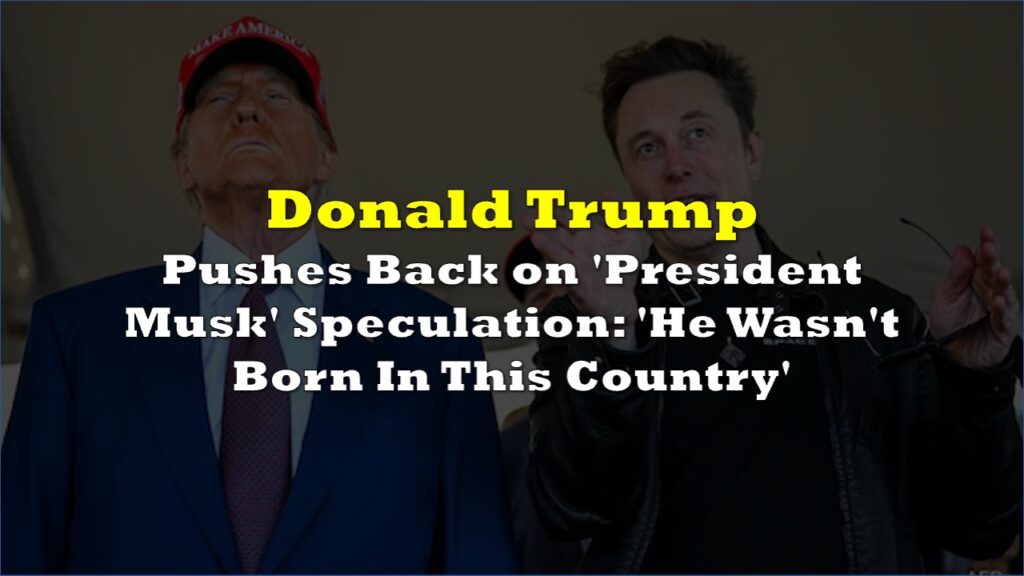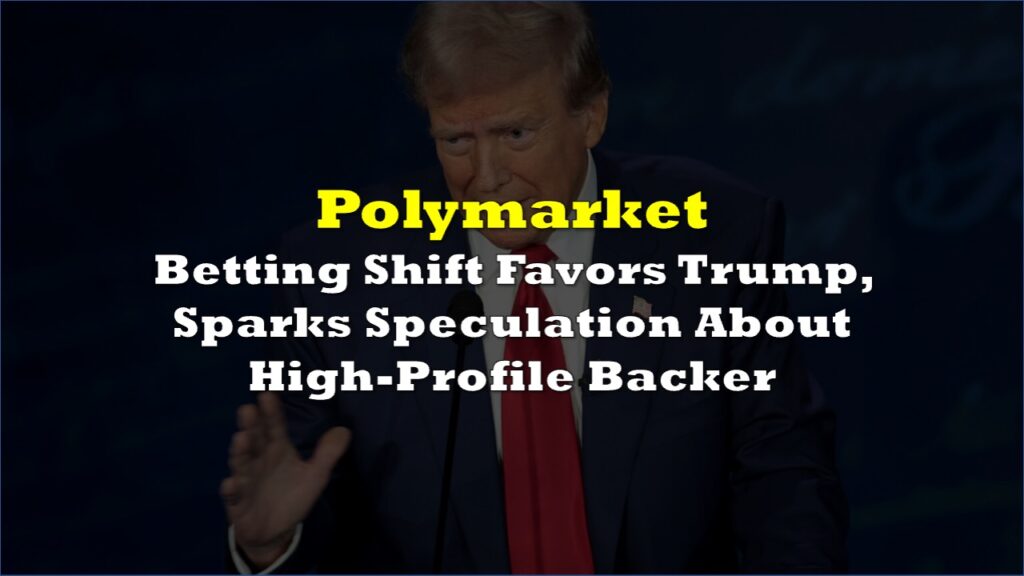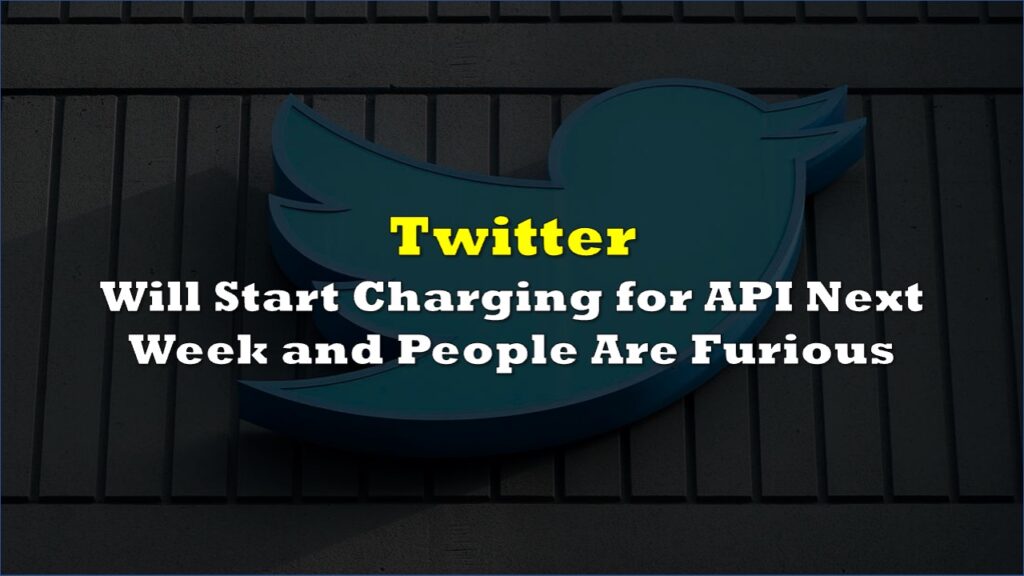Neuralink’s recent April filing on SAM.gov describes the brain implant startup as “a small disadvantaged business concern” as defined in the code of federal regulations, a puzzling move given that the firm is owned by one of America’s top billionaires, Elon Musk.
The self-certification unlocks preferential treatment in the US$50-billion program for minority and low-income entrepreneurs, boosting contract visibility on federal databases.
However, the program rules are blunt. A qualifying firm must be at least 51% owned by a person who is both socially and economically disadvantaged. Federal guidance bars anyone with a net worth above US$850,000 from the “economically disadvantaged” category, and limits the “socially disadvantaged” label to groups that have faced documented racial bias.
Musk clearly does not fit either test. Born in South Africa, educated in private schools, and now worth roughly US$404 billion, the Tesla and SpaceX chief hardly lacks “capital or credit opportunities.” Yet Neuralink has asserted the status in its SAM.gov filings.
So Musk claimed to be African-American to qualify Neuralink for federal aid.https://t.co/eAuFSwQDc2
— Altai Pazyryk (@APazyryk) July 17, 2025
The contradiction lands while Musk publicly rails against diversity, equity and inclusion initiatives. As head of the short-lived Department of Government Efficiency earlier this year, he pushed to slash DEI budgets even as his own startup sought DEI-linked advantages.
False statements on federal forms carry penalties and potential treble damages under the False Claims Act. Neuralink’s certification was personally attested to by procurement head Dianna Ty, who acknowledged on the form that misrepresentation could trigger “criminal prosecution or civil liability.”
Musk’s defenders note he is “African-American” in the literal sense and point to social media quips asking whether other immigrants should qualify. Federal regulations leave no such wiggle room: ethnicity alone does not trump wealth, and self-identification does not override objective criteria.
This is where the situation begs the question why Neuralink risked it? SDB status can tilt competitive bidding by up to 10% and offers access to sole source awards under US$8 million. With Neuralink’s first in-human trials underway and cash burn rising, even a Fortune-sized founder can benefit from a startup-sized subsidy.
The episode also exposes a broader policy gap. The Small Business Administration relies heavily on self-certification and physical audits are rare. Until agencies verify claims in real time, deep-capital firms can queue for benefits intended for the thin-capitalized.
Information for this briefing was found via the sources mentioned. The author has no securities or affiliations related to the organizations discussed. Not a recommendation to buy or sell. Always do additional research and consult a professional before purchasing a security. The author holds no licenses.









